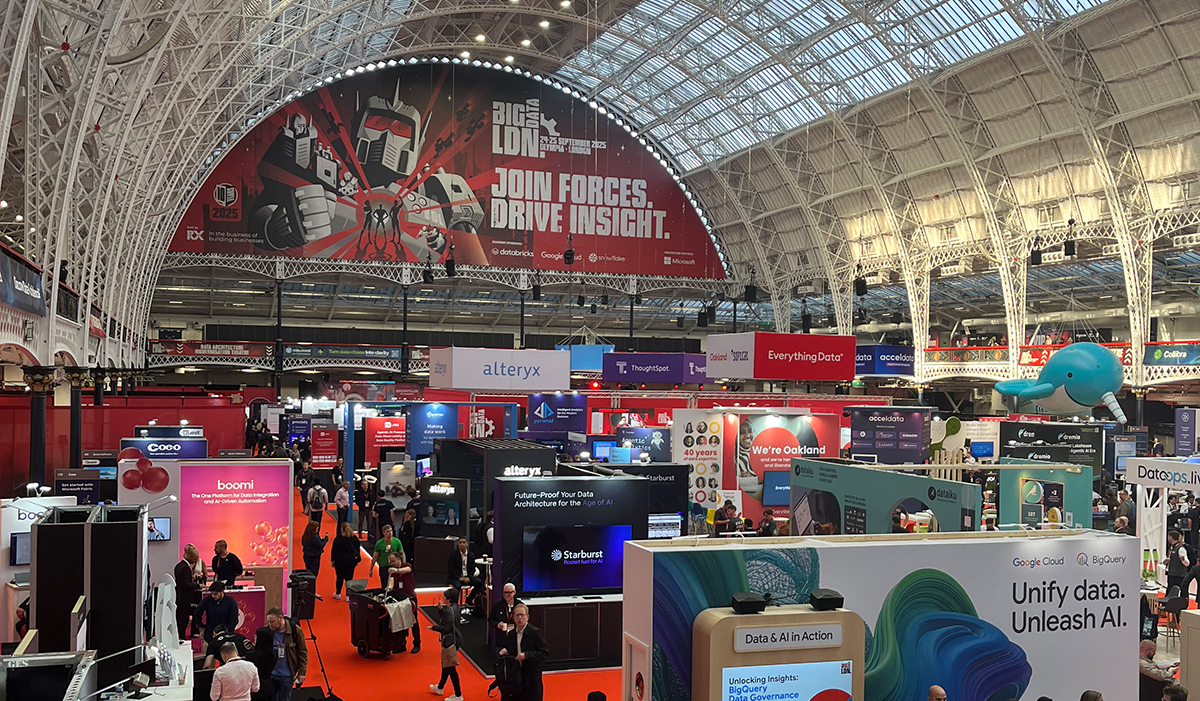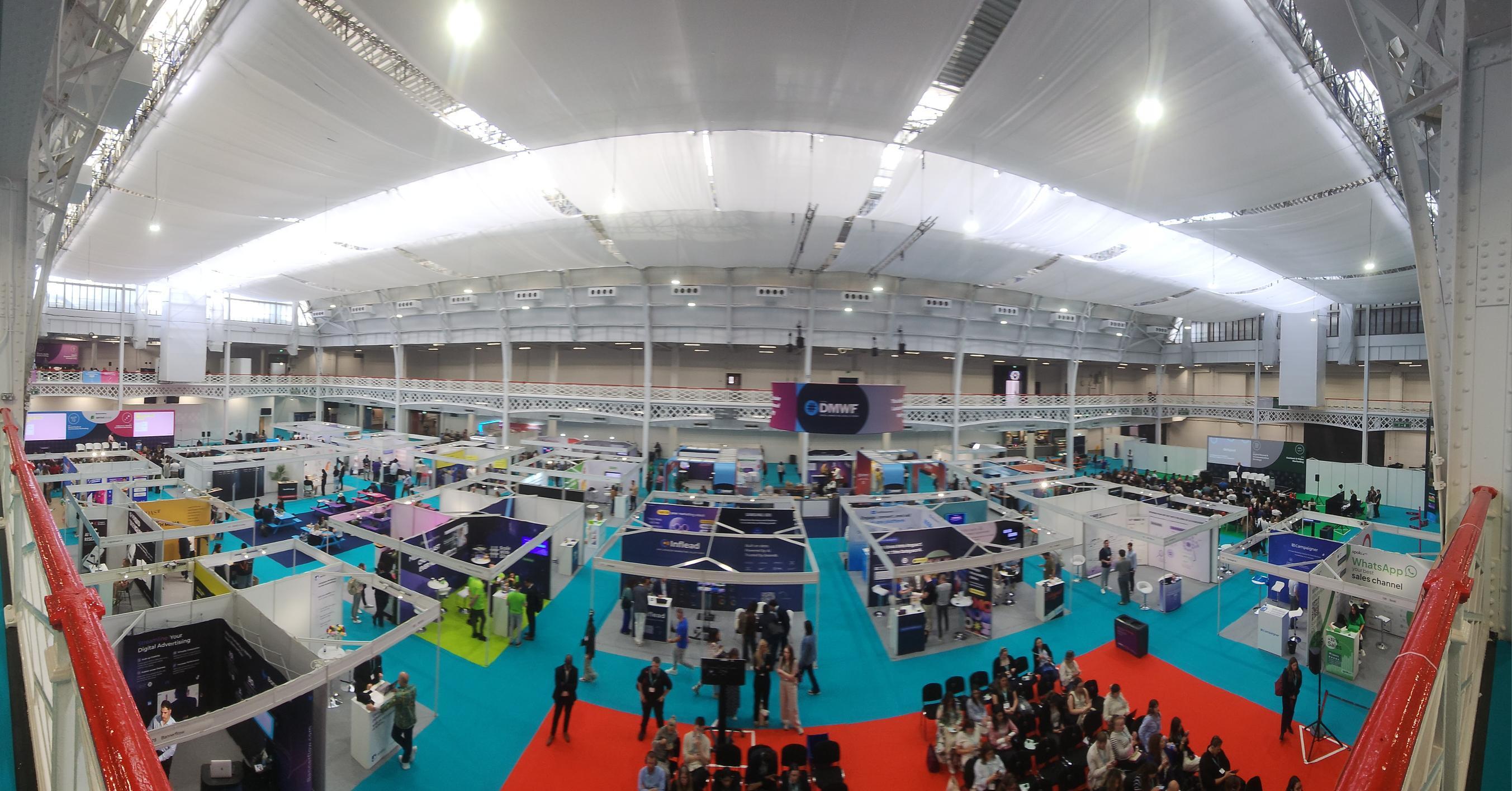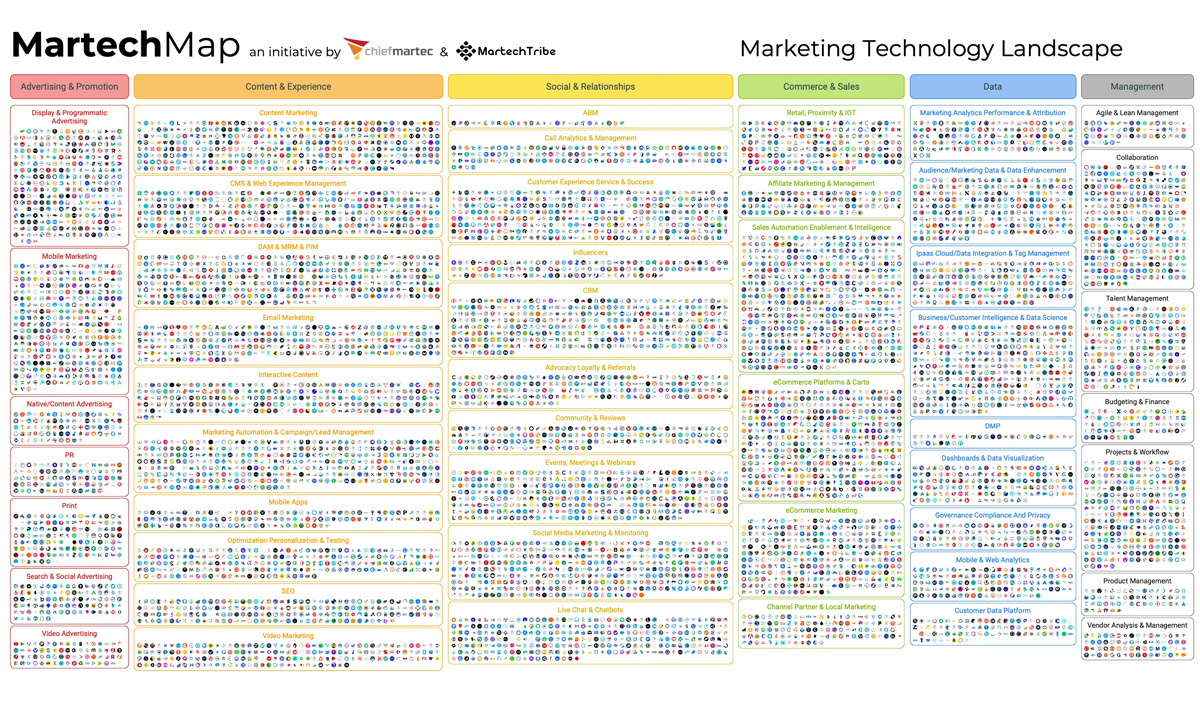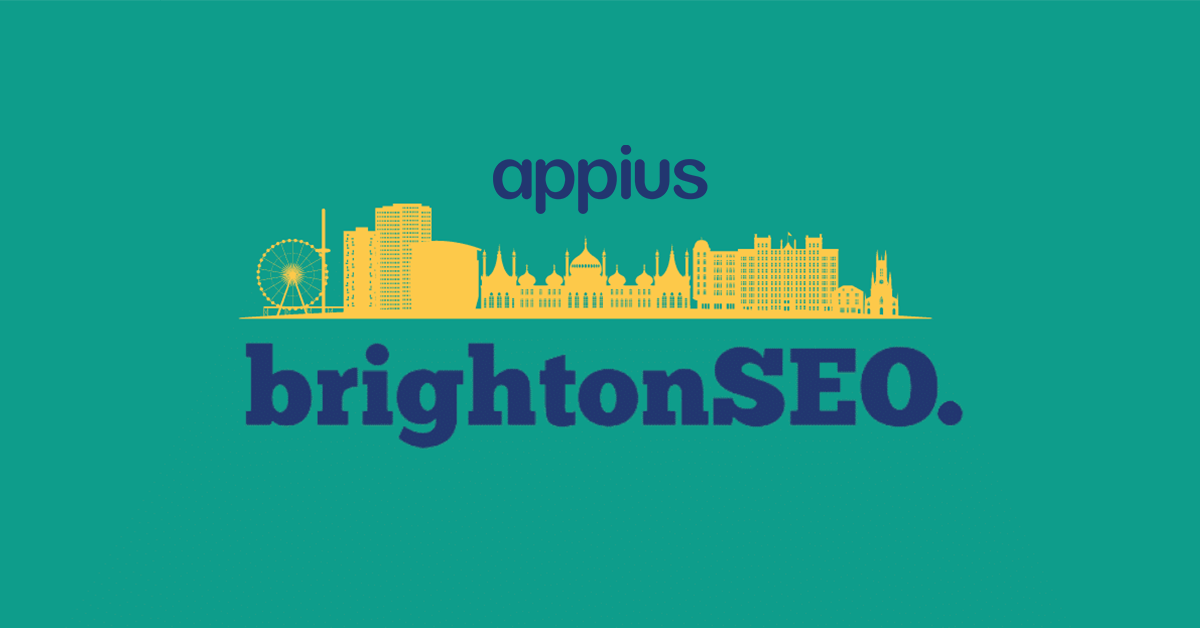As we approach another SEO Brighton in October we reveal the insights from April 2025 that were most valued by our clients across the last 6 months.
Read on to check out the things that most affected our SEO activities and advice in the last 6 months - would your list be the same? As ever we divide insights into the scary ones, where to 'get real' in your SEO approach, and finally some really progressive insights to adapt to where SEO is at in 2025
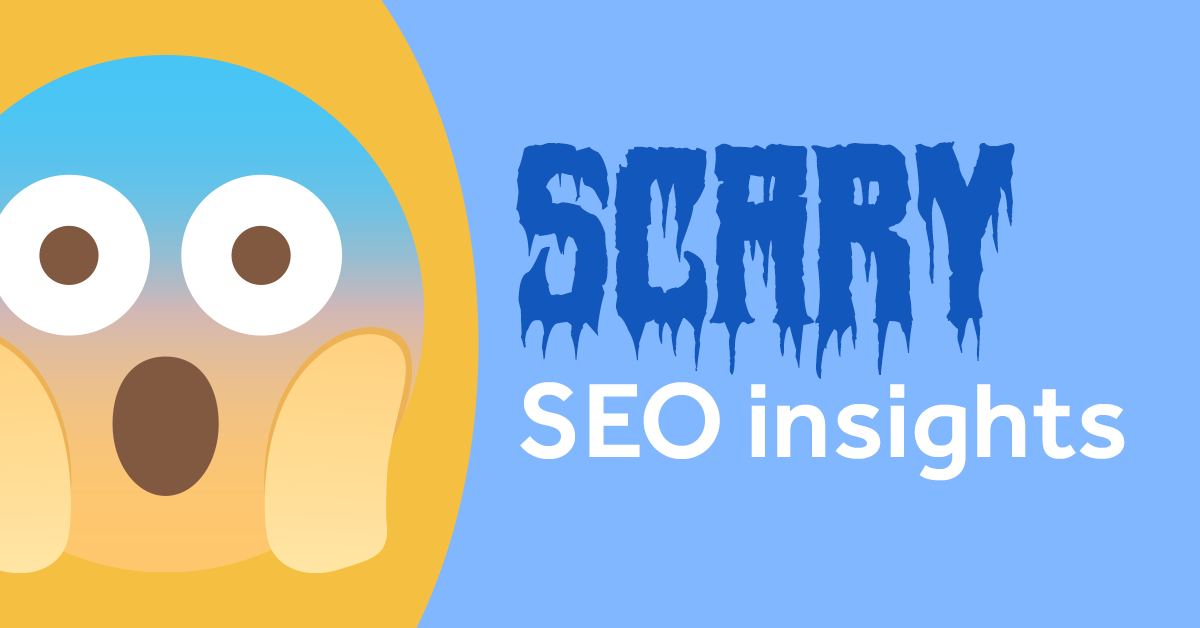
Scary SEO insight #1 - AI generated content IS being punished by Google
On the basis of 80000 sites with Google 'manual actions' against them:
- 100% had clear signs of AI generated content based on an AI checker.
- Half of the sites had mostly AI generated content (according to originality.ai api)
- 29% of those delisted by Google had 95% plus AI generated content
- 33% of delisted sites were pure AI generated
So Google are definitely punishing AI generated content in terms of manual actions, and that suggests that SERPs are likely being punished too - see Get Real Insight #2 below.
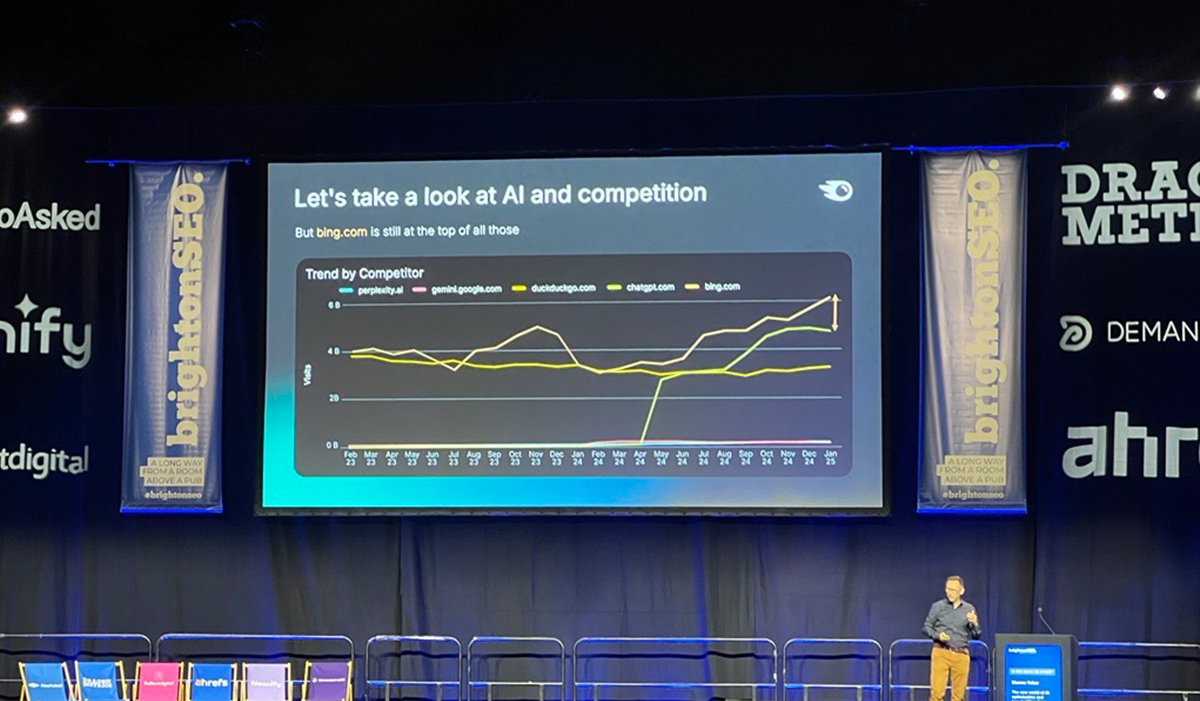
Scary SEO insight #2 - Your SERPs ARE influenced by factors outside of traditional SEO
As we reported in October 2024, we were seeing a lot of evidence of online PR campaigns and other non traditional SEO approaches resulting in higher Google SERPs. This relates to the leaked insights into Google algorithm looking for brand mentions and other factors.
In our own work Appius have long seen a 'halo' effect from paid advertising and other activities which dies back once that activity is stopped. In the early stages of this we attributed to positive user intent and GA4 signals.
However the body of evidence is building that the very presence of brand and campaign content in other sites and channels is a factor. At April's SEO Brighton we saw evidence from actual experiments in making no changes to website content where listings were jumping from obscurity to page 1, top 5 and even top 3 positions purely based on activity in other digital channels and sites.
Scary SEO insight #3 - Google is losing market share with each generation and younger users don't trust it
Reliance on Google is decreasing through the generations, with usage higher to lower in an order directly related to the age of the user groups:
- Boomers (I'll Google it!)
- Gen X (I want results I can trust)
- Millennials (I want authenticity)
- Gen Z (I want curated easily results)
- Gen Alpha (I want the same, but faster and in smaller bursts)
The rise of conversational experiences, AI search and GEO (Generative Engine Optimisation) is all part of this same trend. Qualitative research is showing that for many of Gen Z Google is part of an older world and not to be trusted.
AI generated content is faster and smarter. Influencer content is more real and more trustworthy as the originator is right there in front of the user.
Your content strategy needs to adapt to formats of content that fit with these changes. And have no fear Google will be adapting to avoid loss of market share and mind share - expect more influencer content in Google results from subject experts, personalities and 'real user' sources like Reddit.
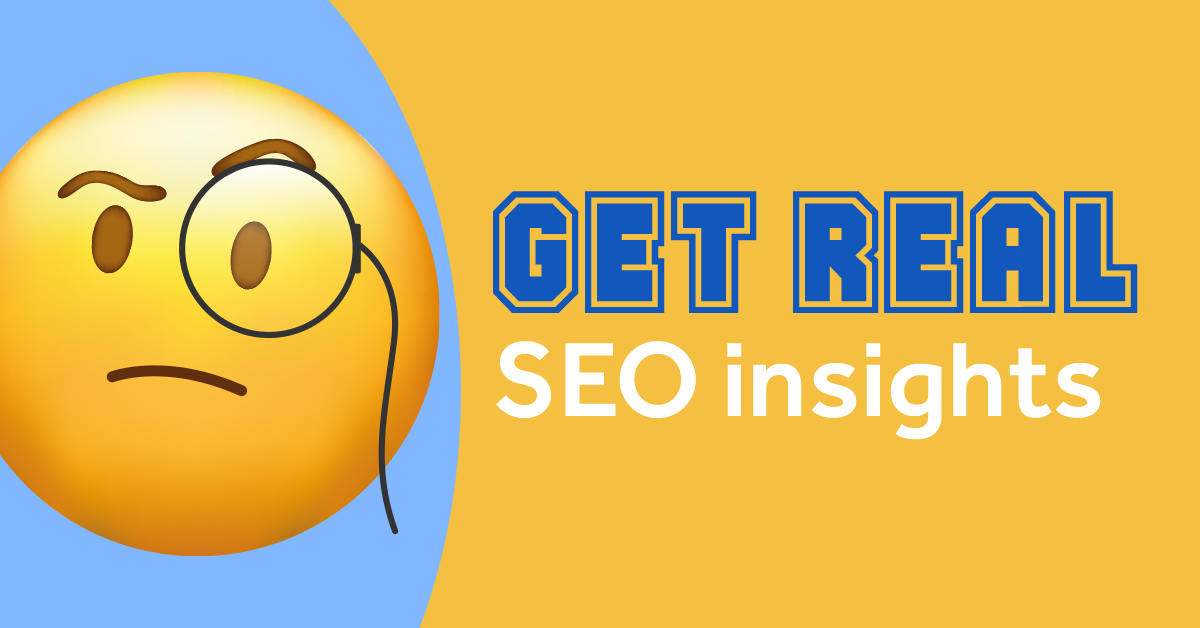
Get real SEO insight #1 - 'Page 1' of traditional Google natural results is even less valuable
Google AI Overview rollout has increased to over 50% of search results. The picture remains different by sector as google steps carefully into some more sensitive and risky categories. So you will be noticing less natural search traffic from even your higher positions in traditional search.
Today, we're seeing Google experimenting with this retail space. Where we're used to seeing AI Overviews dominating the first 30% of the SERP, we're now seeing a handful of searches deliver paid or organic results first.
Our previous insight to focus your 'short tail' strategy on positions 1-3 instead is now even more true, and the need to look to longer tail queries to get value from traditional SERPs is now even more true.
Your energy needs to be spread at least equally into what content is creating citations in Google AI Overview, and you need to be ready for less clicks to your website and higher intent from those that do visit your site.
How are you planning for a world of search where most users may not visit your website at all, anymore?
Get real SEO insight #2 - the pure GenAI content honeymoon is over, it's just a support tool
Ok so you have been impressed by how quickly your SEO tools and LLMs can create great content for you. You've used these tools and even asked yourself questions like 'do I need as much internal or external resource for content?' and 'what does all this mean for my content experts.
But in the back of your mind it's been niggling you - is it really this easy? Scary Insight 1 above touches on 'manual actions' from Google but we also need to thing about lower listings in SERPS and less AI Overview snippets and citations, even where Google is not directly and formally punishing your listings with a 'manual action'.
The reality is that Google are turning the screw on AI generated content with particular reference to newer content that's emerged after the emergence of gen AI tools. Time to check to see what % of your content was from an AI tool vs unique, and see if there is a correlation with some big drops in positions with recent Google core updates.
So what does this mean? Gen AI tools are a support tool, a quick start, a reminder of what to cover on a subject. You need to be ready for a big re-write using your organisational knowledge and brand positioning. What could you say that is unique to your and your audience and positioning?
What do you find in the GenAI and LLM responses that you can challenge completely, or think about how you could put forward a different answer or perspective?
Authentic and original content are becoming more important, as suggested to Appius at the previous SEO Brighton by Google's John Mueller "Make sure what you write adds real value to the internet", said John to Stuart Lane from Appius!
Get real SEO insight #3 - More and more of your real engagement is happening in Apps that are hard to track
Users spend 90% of their time on their mobiles in apps. Social media apps like Instagram and Facebook. Gen AI apps like ChatGPT. Maybe even your own app has more use than your own website as highlighted in a great talk by Priya Verma of CompareTheMarket.
Its important to take into account what consumption of your content might be happening in these apps and what referral sources might correlate to App users from 3rd party apps.
So what can you do to track better? For what's happening in 3rd party Apps check out the available APIs and think about whether you can integrate with GA4 or Googles BigQuery if Google tracking is your preferred methodology.
For any of your own Apps you are going to have to think about solutions like Firebase SDK and linking to GA4 or your preferred tracking data store. There are a lot of 'gotcha's in this space regarding configurations that do and don't work so get in touch with us if you want to some more tips from the Appius data scientists.
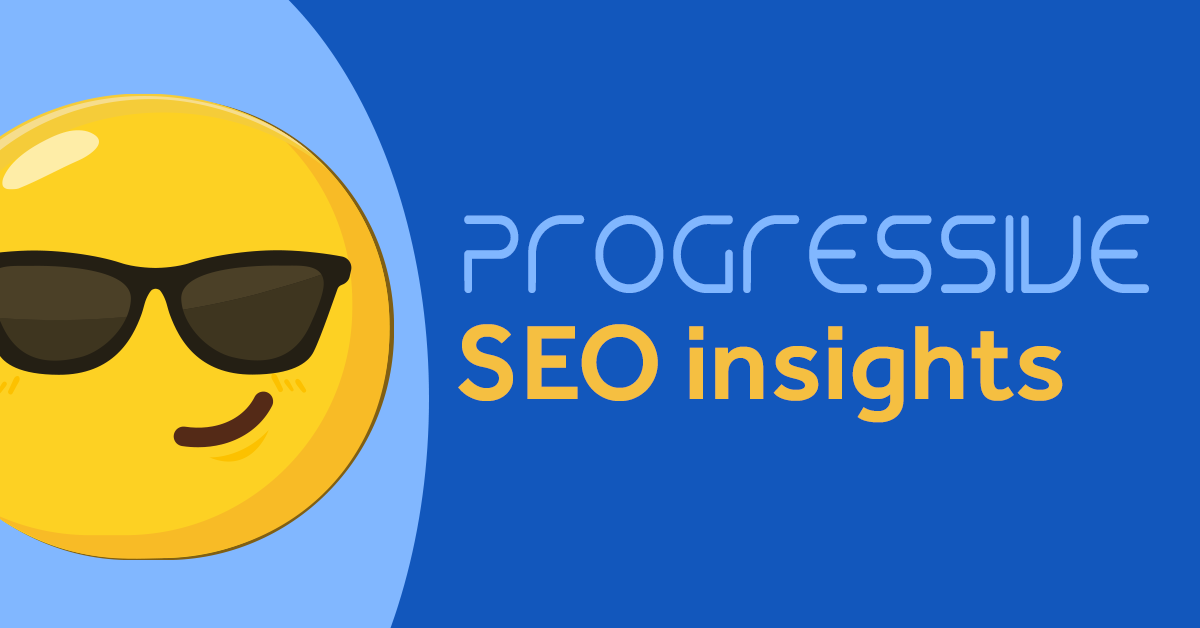
Progressive SEO insight #1 - ChatGPT is giving challenger brands more opportunity
A great talk from Baruch Toledero highlighted that ChatGPT citations are much more varied than those in Google which are 'grounded' in the top SERPs. He highlighted that travel is a great example where travel traffic from ChatGPT has multiplied 14 times 2024 vs 2025 YTD. The reality in his analysis was that traditional brands like British Airways are losing market share in ChatGPT vs Google.
So if you have a challenger brand or even a non traditional player with a great offering then get excited about what ChatGPT could do for you. Baruch highlighted that ChatGPT was citing more 'deep' pages in websites than Google, and traffic arriving from ChatGPT was often more engaged and converted better once it arrived.
Maybe this is logical for a conversational AI experience that is less focused on choice from different web content. What are you seeing in terms of ChatGPT traffic to your site and how does it compare? How are you tracking your presence and citations in LLM based searches? Contact us for help!
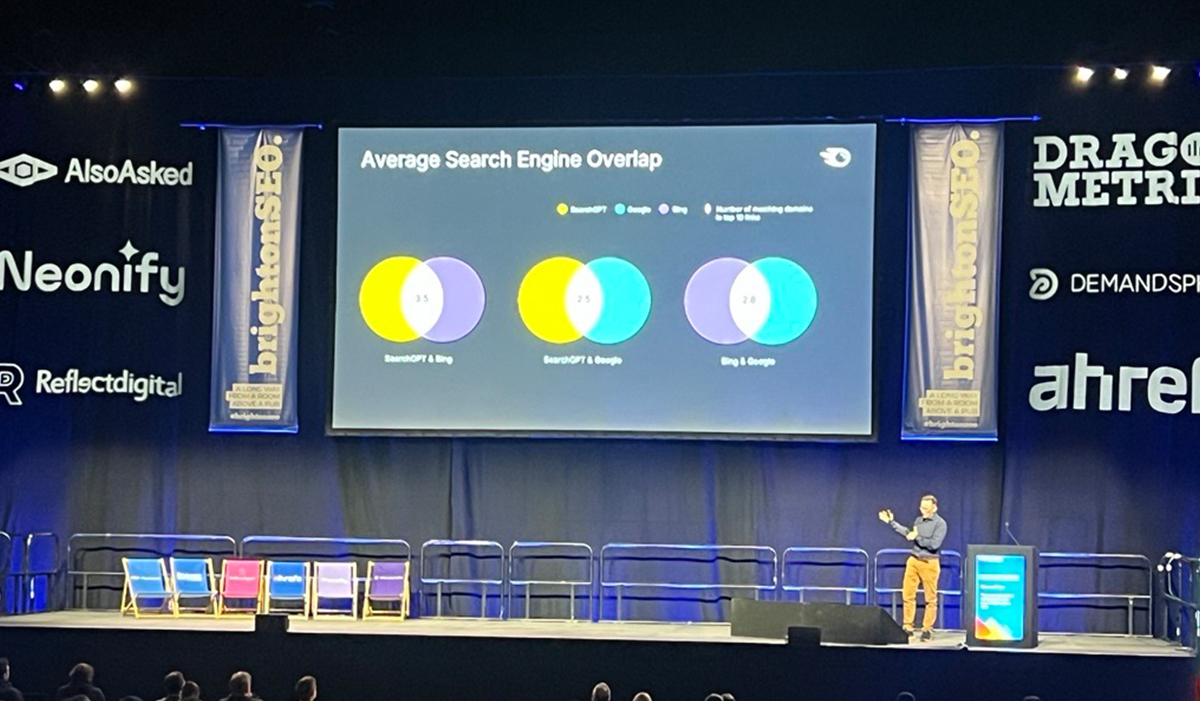
Progressive SEO insight #2 - Google is 'leaning in' towards user generated content
One thing you can rely upon is that when Google loses any market share to a particular type of browsing or search experience it WILL respond. We have already seen some responses like YouTube Shorts taking on Instagram and TikTok. On July 28th, Google rolled out AI Mode in the UK - directly competing with LLM's like ChatGPT.
The word on the street is that the next big areas are influencer and user generated content. Look out for new priority being given to influencer content, 'featured snippets' to support this.
Reddit and Google have clearly had a 'love in' over the last year and lets see where the presence of user generated content goes next. Trust platforms like Trustpilot are well respected by Google to provide trust signals on mass from web content and service users.
So what does this mean for you? Time to think even harder about where you are at with your content and SEO strategy for user generated and influencer content. What do you have that might feature, directly or via users or end user generated content? How much of your content is in non HTML formats like video or podcast, or could be adapted and re-invigorated in this way?
Progressive SEO Insight #3 - tap into the secret world of Google Cloud Console SEO features
Google use Cloud Console for so many things. You might know it because you need it to serve a Google Map, or because you needed to switch to Google server side tracking or more advanced versions of Google Consent Mode. If you didn't know already its also a place where Google shares a lot of tools and experimentation capabilities in relation to search. Go take a look to find things like:
- model how google interacts with your data so you can tune it
- hybrid search
- comparing documents from a search and search outcome perspective
- vector search
- discovery engine
- ecommerce GenAI solutions
Yes its pretty techie in places but if you top out then there may be someone more technical in your organisation that can investigate and play based on your brief. If all else fails then look to any external agency for help or just an initial translation of this search and data playground, into what might benefit your business.
Progressive SEO insight #4 - use the new EAA, accessibility improvements and alt text to propel your SEO strategy forward
The new European Accessibility Act (EAA) has really taken the requirement for WCAG websites forward, with July 2025 being the stated deadline for compliance. If you have offices or operations in Europe you probably know about this, or should do.
Bots are rather like a 'non visual' user that is supported better with AA and, as always, good accessibility and website crawling continue to go 'hand in hand'. Below are just some of the examples of this:
- descriptive and contextual anchor text helps bots
- captions and transcripts translate non HTML content for crawling
- good Alt Text for images explains their content and purpose
And let's give a big shout out for the new function of Alt Text - helping AI understand and make use of your imagery. GenAI for images is pretty poor right now (anyone tried to get ChatGPT to spell the words you entered correctly in an image?).
Alt Text now has a new context. Is now the time to get your Alt Text right? What is the best Alt Text for your image - something that just describes it or gives the context of your brand and content. Could your website image be the one returned by gen AI LLMs for a search for "find me a great image for [insert something you would like to be known for here]".
What text really conveys what you are trying to get across - 'happy woman getting great service from [your brand]' or 'smiling woman istock image'.
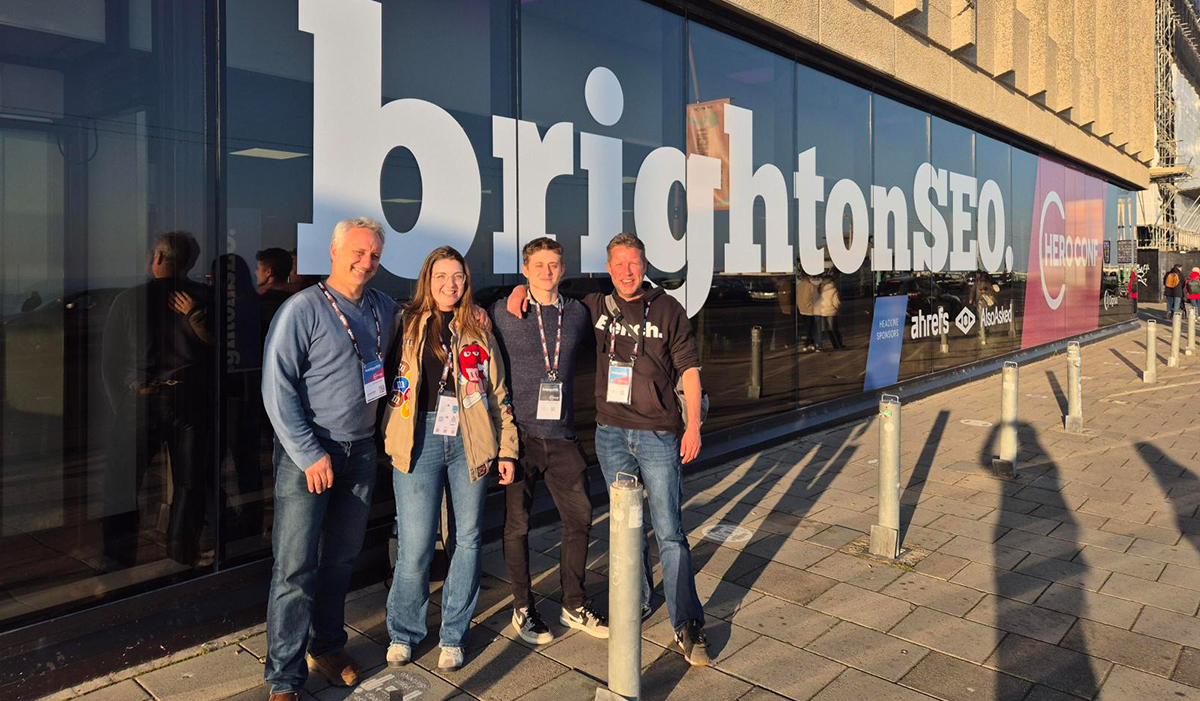
Appius have been successfully delivering SEO strategies for clients since 1998. SEO is part of our digital marketing services, delivered by our Experience & Engagement team who are part of a full service digital agency offering.
If some of this isn't totally clear we can translate as needed, add our own experience in these areas and provide more detail on request if you contact us.
Outside of the takeaways we would love to understand your SEO training and execution needs - contact us for more information or to set up an informal chat with our SEO and digital marketing experts.
About Author

In this role he leads the company’s expertise and delivery of ux, creative, SEO and digital marketing, analytics and user centred design. He also leads the company strategy on the use of split testing and personalisation tools, as well as data and AI with the support of two data scientists in his team. He is excited to be bringing data to bear for insight and to create AI driven experiences that really embody the essence of your organisation, brand, products and services in your digital channels.
With over 20 years of experience in the industry and having personally conducted over 500 interviews with real users of websites, portals and apps, Stuart’s journey has been marked by a deep passion for making digital marketing and experiences really work and evolve for the website users. He can combine your objectives with answers to the needs and problems of your target audience, and with his team of experts can provide an important ingredient to the success of your digital product strategy.

